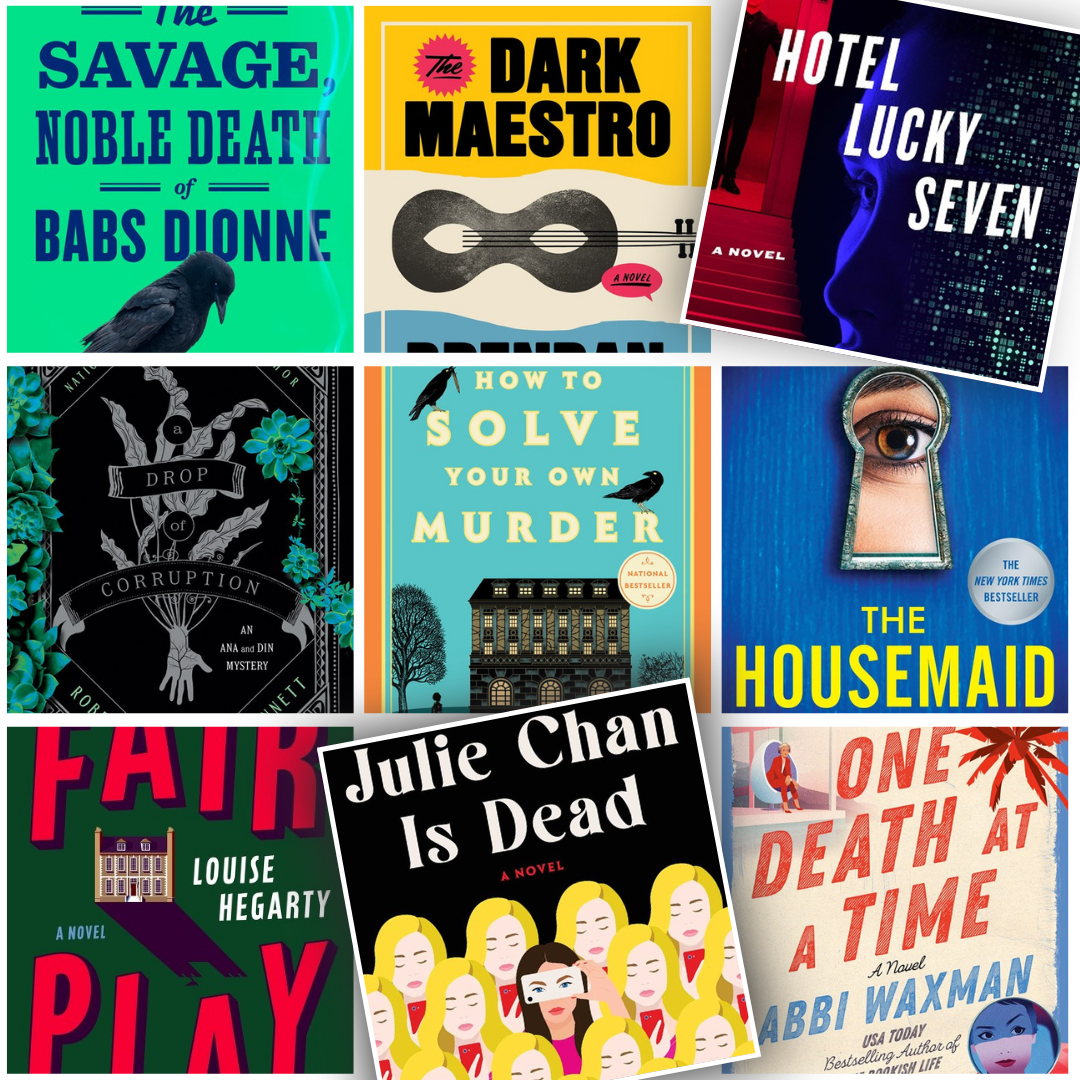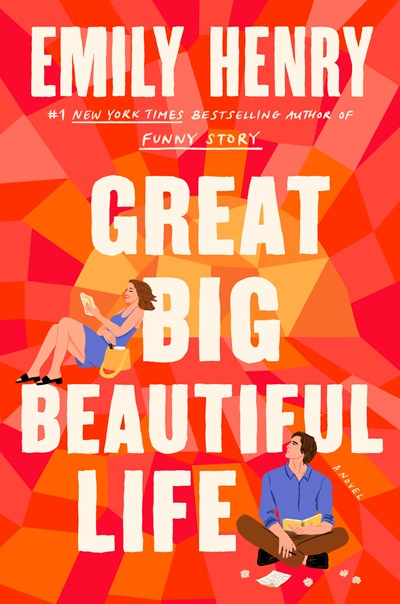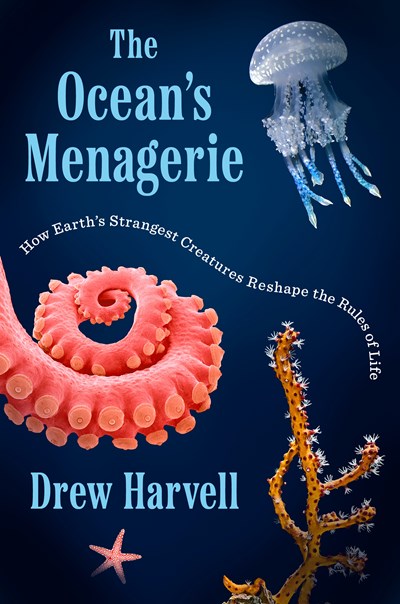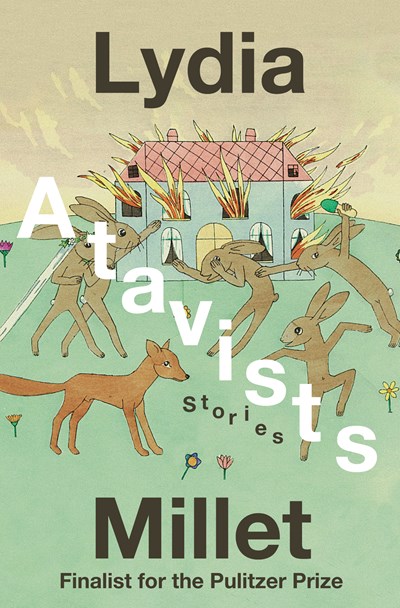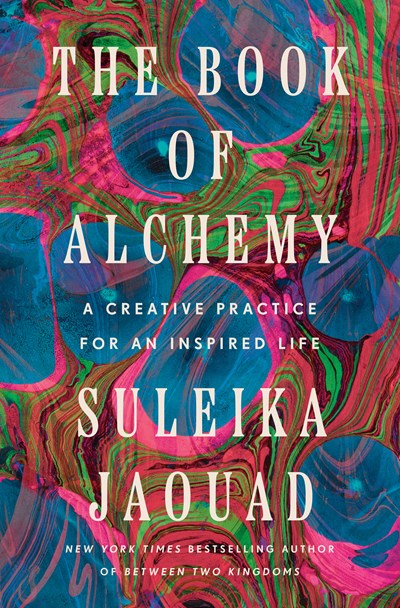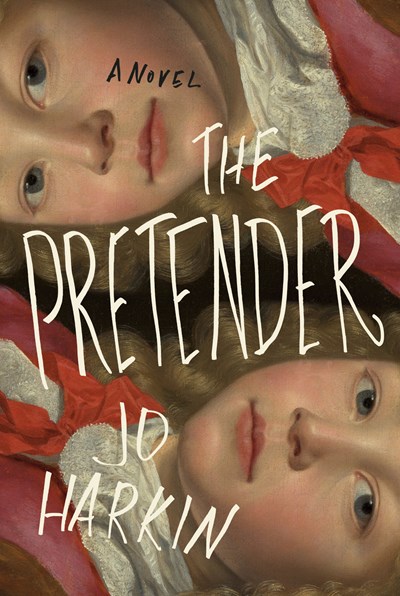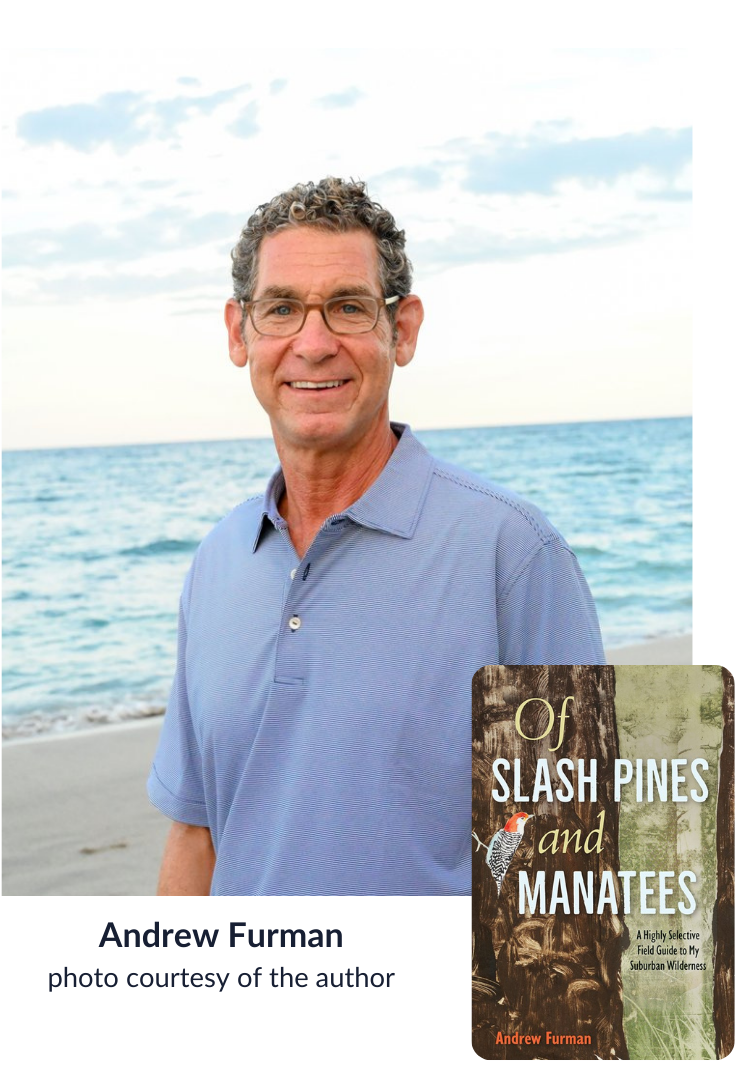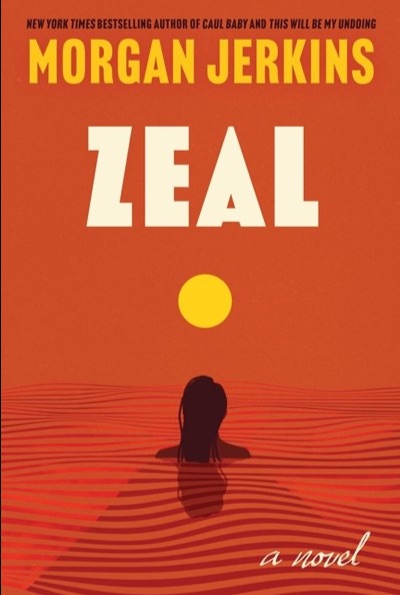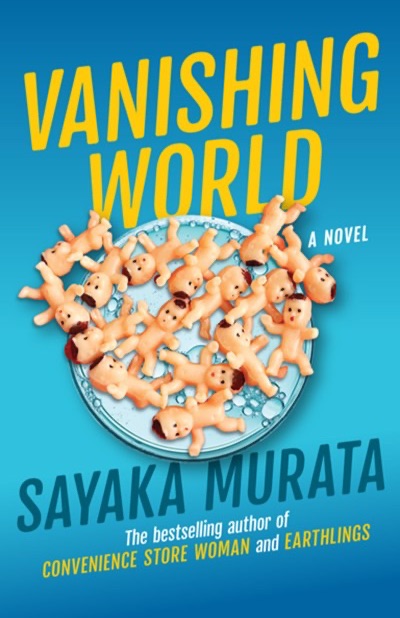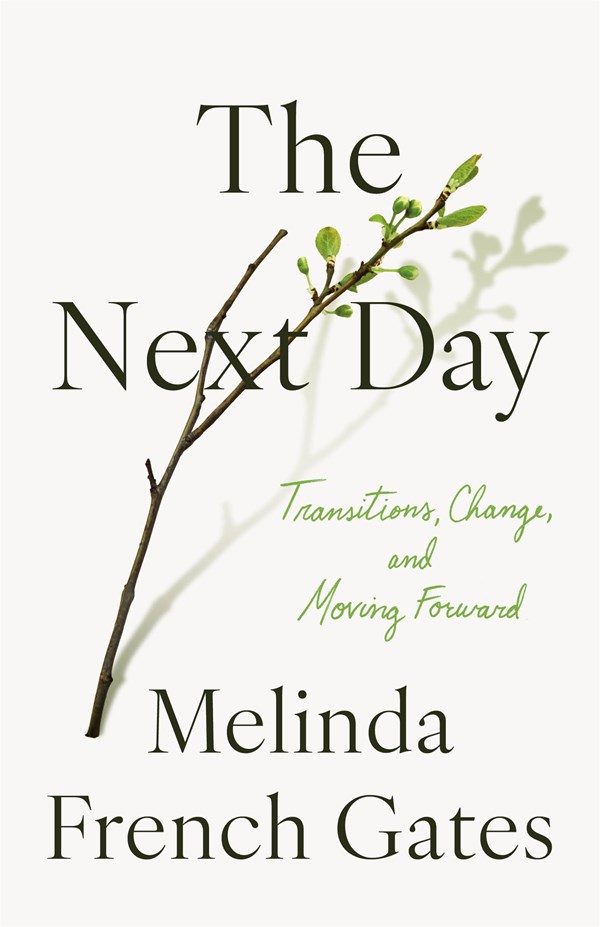We are delighted to welcome back author Andrew Furman! Join us for an event with him, April 28, at 6:30 at the bookstore.
We asked him a few questions to introduce you to the author and his book:
Q: Would you tell us about how you came to write Of Slash Pines and Manatees: A Highly Selective Field Guide to My Suburban Wilderness and what you hope readers will get out of it?
A: Florida, and particularly my southeastern patch of it, is one of the most overdeveloped places in the country but one of the most environmentally unique and gorgeous places, too. After nearly 30 years of living here, I remain gobsmacked by its special animals and plants, whether it’s a gray fox that makes a surprise appearance in my suburban neighborhood, or a manatee mother and her calves that float past my swim group in the ocean, or a slash pine tree that my younger daughter insists that we plant in our front yard. I still feel like I’m just coming to know this state. The chapters that make up this new book represent, maybe on the most essential level, my ongoing attempt to know my place just a little bit better. I hope that readers in all fifty states will take inspiration in these pages to seek out a closer relationship with the unique “placeness” of their own home state, wherever that happens to be.
Q: Sense of place seems very important in both your fiction and nonfiction, how did you come to call south Florida home?
A: I wish I had a more romantic story here, but the truth is that I was just lucky enough to get my first (and probably last) academic job at Florida Atlantic University. What’s more, my love affair with the state didn’t really happen so quickly. I was scrapping very hard those first few years here to write my scholarly articles and books to earn tenure so I wasn’t very attuned to the natural splendor outside my school office. But then I just started to notice stuff, like the pretty warblers that were suddenly flitting all about the trees on my campus during their fall and spring migrations, so I learned what kind of warblers they were and learned that we were located smack in the middle of their migratory flyway, and then I learned that the trees were called live oaks and wanted to learn all I could about the history of live oaks and us. I joke that I became a Floridian sort of the way that Hemingway went broke: gradually, then all at once.
Q: What’s one thing you do every time you visit Key West or one thing you think visitors shouldn’t miss?
A: Well, I just mentioned Hemingway, and I know it’s sort of the obvious answer, but it’s still true for me: I love visiting the Hemingway House when I’m in Key West. They’ve done such a great job maintaining the look and feel of the place, right down to the cats. As a writer, it gives me chills to walk through the rooms and imagine what it must have felt like to be a young Hemingway, tapping furiously away on the keys of his typewriter, the balmy, sea-funk-smelling air drifting through the open windows. I also think that any experience out on the water (a fishing charter, a kayak through the mangroves) is a must. A few years ago, I participated in the 12.5-mile Swim Around Key West (held annually), which I tend to work into conversations pretty early. It was definitely my most memorable, environmental Key West experience, swimming above nurse sharks and whatnot as I crossed under that last bridge. If I can extend my answer to the other Keys—and since this special place is featured in one of my chapters—I’d recommend that people take a walk through the Dagny Johnson Key Largo Hammock Botanical State Park, where they might glimpse a mangrove cuckoo or summer tanager or (more likely) a white-crowned pigeon roosting in one of the hardwoods. Experts say that this hammock may be the site of the greatest tree diversity in the entire United States.
Q: For you, what drives the decision to write fiction versus nonfiction?
A: People ask me this question a lot and I truly don’t have a great answer as I tend to choose the genre on instinct more than anything else. I would say that my default genre may be nonfiction, but I suppose that sometimes my imagination just gets the better of me and I feel that I want to go somewhere beyond what the “truth” or the “facts” allow. When this happens, I segue to fiction. My fascination with seaweed is a good example of this. I have a chapter on seaweed in Of Slash Pines and Manatees, which is nonfiction, and which I’m really happy with, but I’m currently working on a novel, which imagines what might happen if our Great Atlantic Sargassum Belt goes berserk.
Q: As a writing professor, what’s your best writing advice?
A: What I come back to with my students all the time is that they shouldn’t necessarily “write what they know,” which they hear all the time, but write what interests them. I think that lots of us fear that our lives aren’t dramatic or traumatic enough to be the stuff of great art. My life sure isn’t and thank heavens for that! I tell students that they don’t have to be interesting, per se, but they DO have to be interested. Having and developing interests and even passions, being receptive to new discoveries, hobbies, long-buried talents, and having the curiosity and even bravery to pursue these passions—in life and art—is key, in my view.
Q: What are you reading and recommending these days?
A: Oh boy, I’m always reading lots of things, and try to move between fiction and nonfiction, and some poetry. As I’m in the middle of my semester, I’ve had the opportunity to re-read and teach Willa Cather’s My Antonia, which was one of the first books that moved me in that special way that only great writing can when I was just an undergrad, myself. So it’s been a treat to read it with my own students and simultaneously get swept away by its romance and interrogate some of its more problematic environmental and racial implications. I’m following this up with Percival Everett’s James, winner of the 2024 National Book Award, which imagines Twain’s book, Adventures of Huckleberry Finn through the voice and perspective of “Jim.”
In terms of nonfiction, The Light Eaters, by Zoe Schlanger, made me see plants in a whole different way, and I just got Satellite in the mail, Simmons Buntin’s collection of desert essays, which I can’t wait to read. It’s an environment so different in every way than our subtropics.
As for fiction, outside of what I’m teaching this semester, I just read and was blown away by the quiet power of Morgan Talty’s Fire Exit, which takes place in and around Maine’s Penobscot Reservation, and I also finally got around to reading something by Sigrid Nunez, The Friend. It’s a gem of a novel, and as a dog lover, it really resonated with me. I should also mention the reading I do in litmags, several issues of which I have lying around in various places in my house, to my wife’s consternation. Partly to keep current, and partly to be a good literary citizen, I subscribe to five or six litmags at any given time and dip into them between the books I’m reading for the latest stories, essays, and poems out there.
